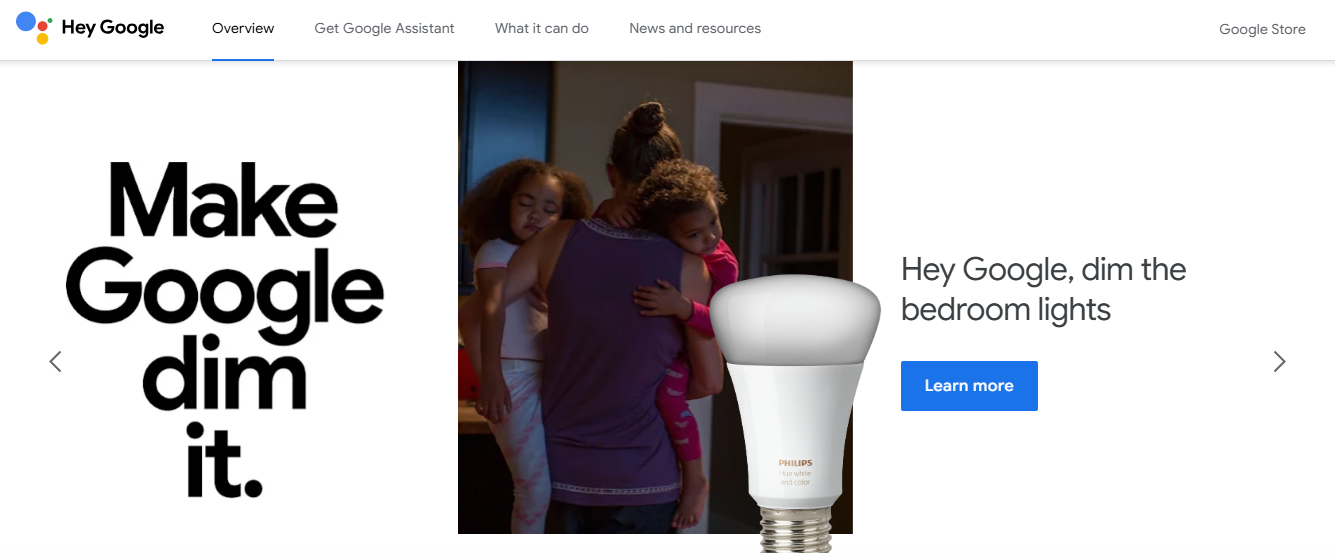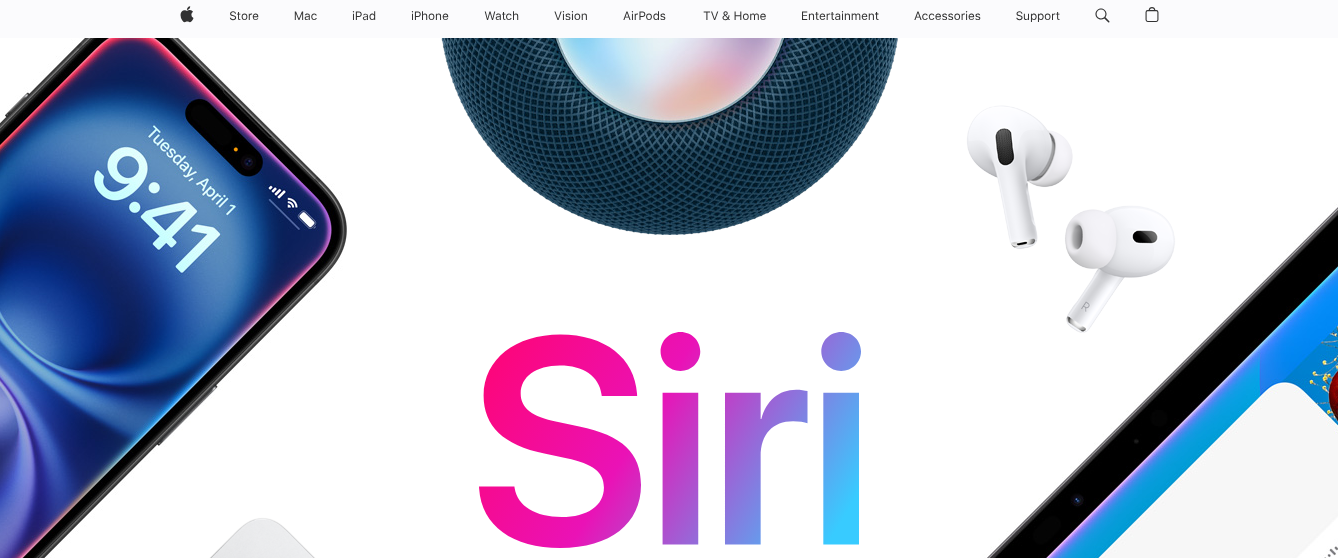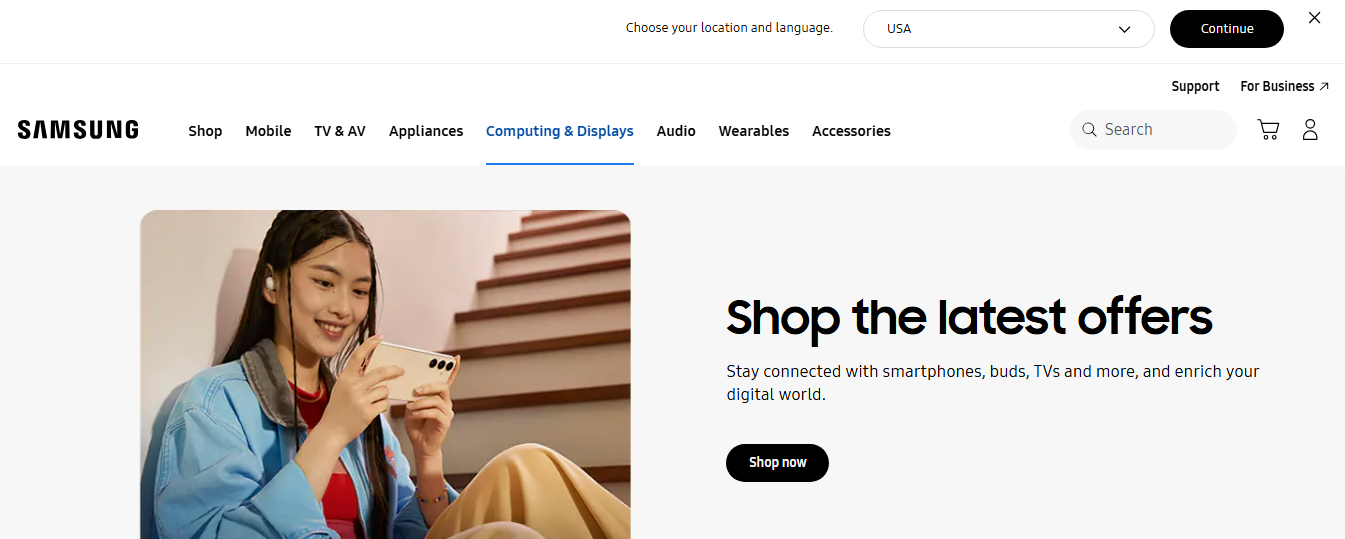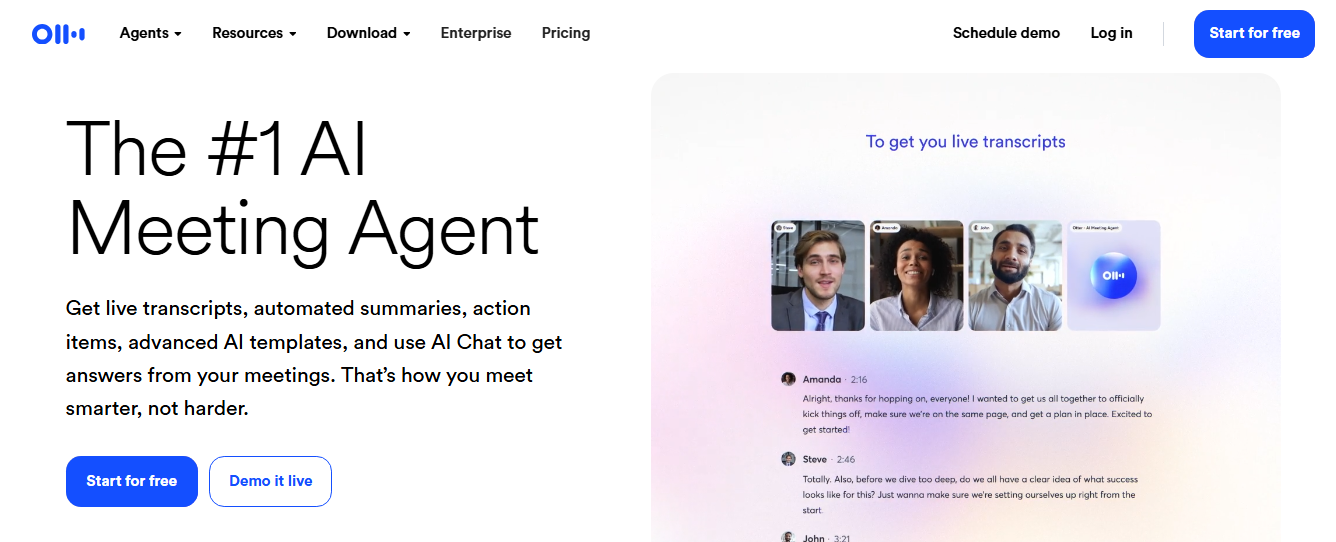I've spent some time testing AI voice assistants. Not just the big names you already know, but voice assistant platforms across every category you can imagine. From household names to business assistants, we've gone through them so you can make an informed choice.
Here's what I have learned: Most "best AI voice assistants" articles stop at Alexa, Google Assistant, and Siri. That's like reviewing smartphones and only mentioning three models. The AI voice assistant landscape has exploded, and there are more specialized tools available that'll surpass mainstream options for specific tasks.
Let's walk you through what works, what doesn't, and which AI voice assistants deserve your attention in 2025.
For the voice assistants, this is what we tested for:
- Voice recognition accuracy. I tested each AI voice assistant with different accents (my own and those of three colleagues from various regions) in multiple noise environments and with complex, multi-step commands. The differences were striking. Some platforms struggled with my colleague's accent, while others handled it perfectly.
- Task completion success rates. I tracked how often each AI voice assistant actually completed what I asked it to do. Did it set the reminder correctly? Did it transcribe the meeting accurately? Did it control the smart home devices without making me repeat myself?
- Integration capabilities. I connected each platform to the apps and services I actually use, including Google Workspace, Slack, my smart home devices, and various productivity tools. Some AI voice assistants played nicely with everything. Others created more friction than they solved.
- Value for money. I calculated the actual cost of using each platform, including any required hardware, subscription fees, and hidden costs.
Let's start with the platforms you've probably heard about. These are the AI voice assistants that dominate the market for good reasons, given they're versatile, well-supported, and work right out of the box.
Amazon Alexa

Score: 9.5/10
Alexa still sits at the top for one simple reason: it works with everything. It has been tested across various smart home devices from different manufacturers, and it controlled them all without issue.
What makes Alexa stand out:
Alexa's massive Skills marketplace lets you add functions like package tracking, custom games, and control of niche smart devices. Voice recognition is stronger, with contextual awareness, so follow-up commands feel natural. Smart home integration is the killer feature; routines let you trigger lights, TV, and thermostat with one phrase. Drop-in calling turns Echo devices into an intercom for quick communication.
Downsides:
Privacy is a concern since Alexa is always listening for the wake word. It can still misinterpret commands, especially in the presence of background noise, and accidental purchases are possible.
Pricing:
Echo Dots start at $30, with complete smart home setups ranging from $200 to $ 400 or more.
Best for:
Anyone building a smart home or wanting a versatile daily assistant.
Google Assistant

Score: 9.3/10
Google Assistant wins on intelligence. Ask it complex questions, throw follow-up queries at it, or test its knowledge with obscure facts. It handles everything with the confidence that comes from having the world's largest search engine behind it.
I tested Google Assistant across my Android phone, a Nest Hub display, and Nest smart home devices. The natural language processing is noticeably ahead of other AI voice assistants.
What makes Google Assistant stand out:
Backed by Google Search, it handles complex questions, follow-ups, and obscure facts better than any other voice assistant. Natural language processing is excellent, and continued conversation means you don't have to repeat "Hey Google" for every command.
Strengths:
Search integration is unmatched, making it great for explanations, translations, conversions, and trivia. Works smoothly with Google Meet and Calendar on smart displays.
Limitations:
Smart home control is solid with Nest and major brands, but less extensive than Alexa. Privacy is a trade-off: Google collects a lot of personal data to fuel its personalization.
Pricing:
Free on Android. Hardware starts at $50 for the Nest Mini and $100 for the Nest Hub.
Best for:
Android users, information seekers, and anyone who values intelligence over ecosystem breadth.
Apple Siri

Score: 8.5/10
Siri isn't the most intelligent AI voice assistant, but it's the most private. Apple processes most requests on-device, and any data that is sent to the cloud is anonymized and encrypted. If privacy is your priority, Siri is your answer.
What makes Siri stand out:
Apple prioritizes privacy over features. Many fundamental tasks, such as timers, messages, and HomeKit controls, are handled on-device, making Siri faster and less dependent on the cloud.
Strengths:
Smooth HomeKit integration for lights, locks, thermostats, and cameras. The Shortcuts app enables powerful automations (e.g., one command to lock doors, arm security, and adjust the thermostat). Cross-device continuity works seamlessly, and Siri suggestions learn your habits.
Limitations:
Siri often lags behind Alexa and Google in accuracy. Complex questions default to web searches, third-party integrations are limited, and customization options are weak. HomeKit devices are pricier, and the ecosystem is smaller than those of its rivals.
Pricing:
Free on Apple devices. HomePod Mini starts at $99; HomePod at $299.
Best for:
Privacy-focused Apple users who want their data processed on-device.
Samsung Bixby

Score: 7.8/10
Bixby is the AI voice assistant that Samsung users tolerate and occasionally appreciate. It's deeply integrated into Galaxy devices, but it doesn't compete with the mainstream AI voice assistants for versatility or intelligence.
What makes Bixby stand out:
Bixby combines visual recognition with voice to identify products, translate text in real time, or scan with the camera for context. It also controls Samsung appliances seamlessly and supports Quick Commands for custom routines, such as "Good morning," to handle multiple tasks at once.
Limitations:
Accuracy lags behind competitors' due to accents, noise, and complex requests, often causing errors. It's heavily tied to Samsung's ecosystem, with limited third-party support, customization options, and voice capabilities.
Pricing:
Free on Samsung devices, no extra hardware required.
Best for:
Samsung users who want simple, built-in control across their devices.
The mainstream AI voice assistants handle consumer tasks well, but business needs require specialized tools. These platforms are used for business.
Otter.ai

Score: 9.2/10
Otter.ai is the best AI voice assistant I've found for meeting transcription. I tested it, and the accuracy consistently impressed me.
What makes Otter stand out:
Otter delivers real-time transcription with impressive accuracy, over 95% in my tests, even with technical terms and jargon. It joins Zoom, Google Meet, or Teams calls automatically via your calendar, identifies speakers, and creates searchable transcripts.
Strengths:
Speaker labeling makes multi-person meetings easy to review. Automated summaries highlight key points and action items in minutes. Integrations with Slack, Salesforce, and CRMs enable the direct push of notes and tasks into workflows. Collaboration features let teams comment, highlight, and clip key moments.
Limitations:
Accuracy drops with strong accents, heavy noise, or overlapping voices. The free tier (300 minutes/month) isn't enough for frequent meetings.
Pricing:
Free for light use; Pro is $16.99/month for 1,200 minutes. Business and Enterprise add team features and deeper integrations.
Best for:
Professionals and remote teams who need fast, reliable meeting transcripts without manual note-taking.
Fireflies.ai

Score: 8.7/10
Fireflies.ai takes the meeting transcription concept further by adding conversation intelligence and analytics. I tested it for eight weeks across sales calls and client meetings.
What makes Fireflies stand out:
Fireflies goes beyond transcription with analytics—tracking sentiment, speaking time, action items, and key moments to turn conversations into insights.
Strengths:
Conversation analytics reveal who spoke most, how sentiment shifted, and which topics drove engagement. CRM integration is the killer feature, syncing notes, action items, and decisions directly to Salesforce, HubSpot, and more. A powerful search feature lets you find keywords, topics, or sentiment across all transcripts.
Limitations:
Transcription accuracy lags behind Otter, especially with names and technical terms. The interface feels cluttered, and the wide feature set comes with a learning curve.
Pricing:
Free for basic transcription. The Pro plan is $10/month per user, the Business plan is $19/month, and Enterprise offers custom pricing.
Best for:
Sales teams, customer service, and businesses that need analytics and CRM integration, not just transcripts.
There are different types of AI voice assistants, and the right choice depends on your priorities, whether it's smart home automation, privacy, cross-device continuity, deep integrations with business tools, or advanced analytics for sales and customer service. Ultimately, the best AI voice assistant is the one that aligns with your personal or professional needs.
